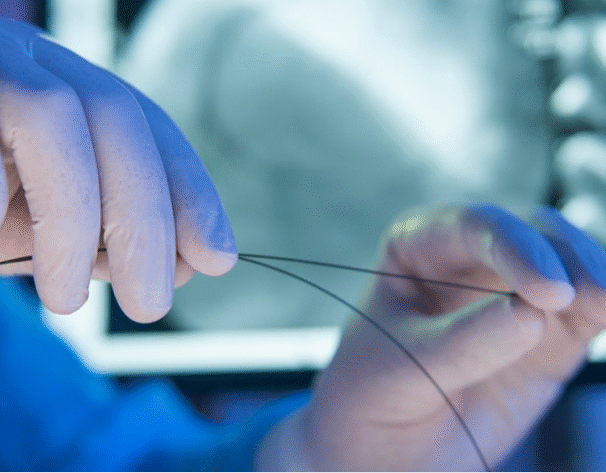HealthProviders DB is a comprehensive database of healthcare providers, including a complete directory of all Interventional Cardiology Physicians.
Internal Medicine Healthcare Taxonomy Code 207RI0011X
As of today, the following are the total number of Interventional Cardiology Physicians nationally, in your State, and near your location.
Select a State below to view the list by State. Additionally, you can narrow the list by city, among other options, from the Filter Panel, which you can open by clicking the vertical ellipses ⋮ in the upper right corner of the app.
Alaska – Alabama – Armed Forces Pacific – Arkansas – American Samoa – Arizona – California – Colorado – Connecticut – District of Columbia – Delaware – Florida – Federated States of Micronesia – Georgia – Guam – Hawaii – Iowa – Idaho – Illinois – Indiana – Kansas – Kentucky – Louisiana – Massachusetts – Maryland – Maine – Marshall Islands – Michigan – Minnesota – Missouri – Northern Mariana Islands – Mississippi – Montana – North Carolina – North Dakota – Nebraska – New Hampshire – New Jersey – New Mexico – Nevada – New York – Ohio – Oklahoma – Oregon – Pennsylvania – Puerto Rico – Palau – Rhode Island – South Carolina – South Dakota – Tennessee – Texas – Utah – Virginia – Virgin Islands – Vermont – Washington – Wisconsin – West Virginia – Wyoming
Medicare
The following are the total number of Interventional Cardiology Physicians who accept Medicare in your State, the number who have opted out of Medicare, and the total number excluded from participation in Medicare nationwide.
The diagram below shows all the Interventional Cardiology Physicians across the country, represented by blue bubbles. The larger the bubble, the greater the concentration of providers in that area. Red bubbles represent Medicare-excluded providers, with the larger bubbles indicating a higher percentage of excluded providers in that region. You can change the bubble size to be based on exclusions from the Size menu.
What do Interventional Cardiology Physicians do?
Interventional cardiologists perform minimally invasive, catheter-based procedures to diagnose and treat a range of heart and blood vessel conditions, such as coronary artery disease, heart valve disorders, and peripheral artery disease.
They use specialized instruments inserted through a catheter, often guided by imaging, to widen blocked arteries (angioplasty, stenting), treat valve problems, or close holes in the heart.
This offers an alternative to traditional open-heart surgery with faster recovery times and fewer complications.
What they do
Diagnose and treat heart and blood vessel conditions: These specialists focus on conditions such as narrowed arteries (coronary artery disease), heart valve disorders, and problems with blood vessels in the legs (peripheral artery disease).
Perform catheter-based procedures: These involve using a thin tube, or catheter, to access the heart and blood vessels.
Use advanced imaging: They use specialized imaging techniques to guide the catheters and instruments safely during procedures.
Common Procedures
Angioplasty: Using a small balloon-tipped catheter to widen narrowed or blocked arteries.
Stenting: Placing a small mesh tube (stent) during angioplasty to keep arteries open and maintain their patency.
Atherectomy: Removing plaque buildup from the walls of arteries using a special catheter.
Transcatheter Aortic Valve Replacement (TAVR): Replacing a damaged aortic valve using a catheter, rather than open surgery.
Cardiac Catheterization: A general term for procedures that involve inserting a catheter into the heart.
Conditions Treated
Coronary artery disease (CAD): Blockages or narrowing of the arteries supplying the heart.
Heart valve disease: Abnormalities in the heart valves that affect blood flow.
Peripheral artery disease (PAD): Conditions affecting arteries in the arms and legs.
Structural heart disease: Conditions affecting the heart’s structure, such as congenital heart defects.
Benefits of Interventional Procedures
Reduced risk: This treatment option is available for patients who may not be suitable candidates for surgery.
Minimally invasive: Avoids the need for traditional open-heart surgery.
Faster recovery: Patients typically experience a quicker recovery compared to other surgical procedures.

